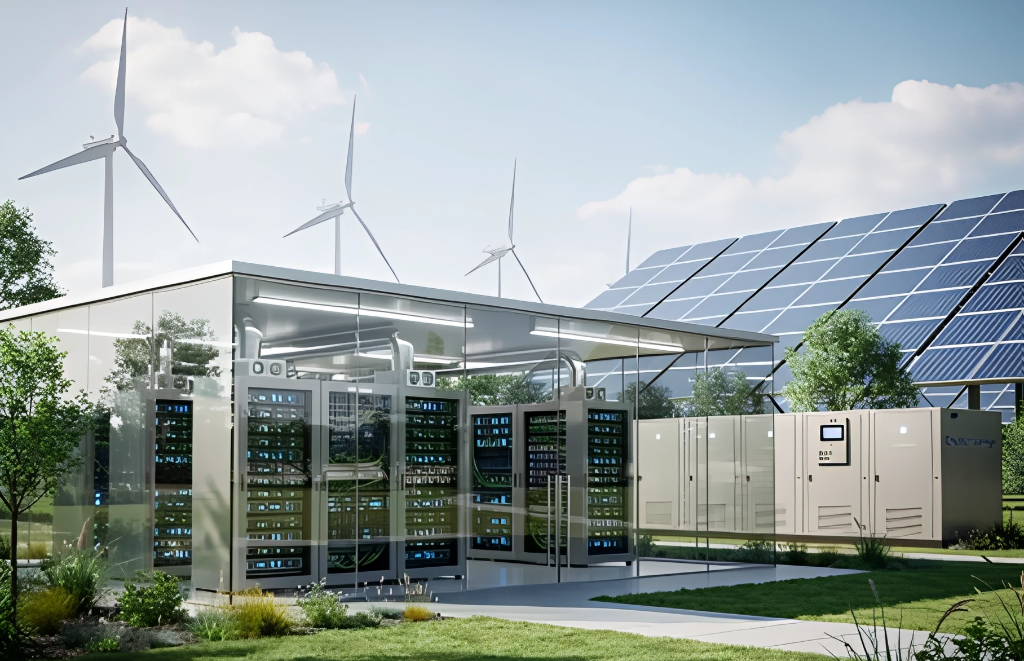


UK BESS Outlook 2025: Key Developments to Watch
UK BESS Outlook 2025: Key Developments to Watch
LDES Cap-and-Floor Scheme: A New Support Plan
The Department for Energy Security & Net Zero (DESNZ) is set to roll out a cap-and-floor mechanism to encourage investment in long-duration energy storage (LDES). Designed by Ofgem, this scheme aims to provide revenue certainty for investors while protecting consumers.
While traditional lithium-ion batteries are expected to be excluded from LDES funding due to their existing market support, ongoing consultations suggest that novel long-duration Li-ion technologies may be considered in future rounds. By Q1 2025, Ofgem and DESNZ will release a Technical Decision Document (TDD) outlining the final framework, with the first application window opening in Q2 2025. Projects must aim for completion by 2030, though a 2033 track may also be available for developers facing delays.
New Revenue Streams for BESS Operators
The Balancing Reserve (BR) and Quick Reserve (QR) services, launched in March 2024 & December 2024 respectively, helped boost BESS revenues. December 2024 saw BESS assets achieve their highest revenue in two years, with reserve revenues increasing by £10,000/MW per year.
However, soon after BR came to market gas-fired peak generators reduced BESS’s share of Balancing Reserve revenue to just 3%. The key question for 2025 is whether Quick Reserve will follow the same pattern or remain dominated by BESS assets.
Strengthening BESS Fire Safety Regulations
In October 2024, the UK government introduced the BESS Fire Safety Bill, aiming to make fire and rescue authorities statutory consultees for BESS-related planning applications. The second reading is scheduled for April 2025, and further details will emerge after that stage. This legislation could impact how BESS projects are developed and approved, potentially leading to new compliance requirements for operators.
Clean Power 2030 and BESS Integration
The UK’s Clean Power 2030 (CP30) initiative is focused on removing barriers to energy storage deployment as part of the transition to a fully decarbonized grid. Key BESS-related reforms include:
- Faster Grid Connections: Addressing long lead times by streamlining connection processes.
- Planning Reform: Integrating BESS into national planning regulations to speed up project approvals.
- Environmental Regulations: Including batteries in the Environmental Permitting Regulations by June 2025, ensuring regulatory clarity for BESS operators.
Looking Ahead
With major policy and market shifts expected in 2025, the UK BESS industry faces both challenges and opportunities. Investors and developers should closely monitor upcoming LDES funding decisions, new revenue streams maturing, regulatory changes, and CP30 implementation to stay ahead in this evolving sector.
We invite you to contact the BESS Asset Management Team for more information.







